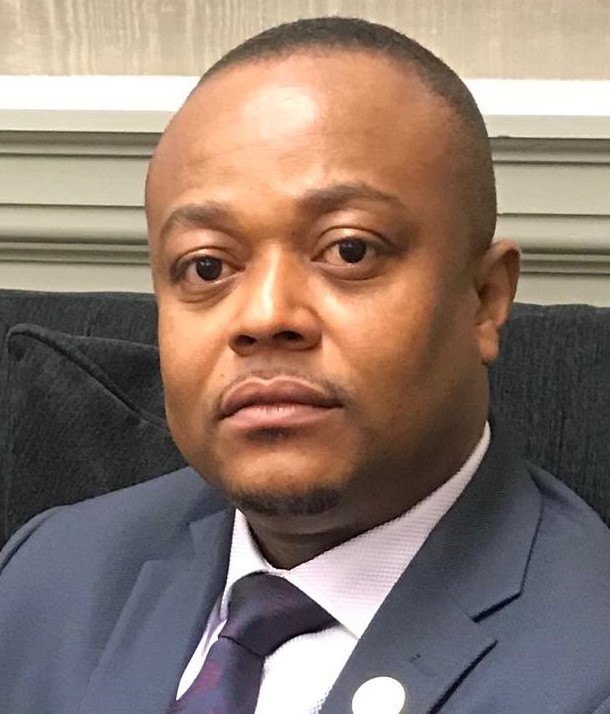David Tenkorang-Twum, the General Secretary for the Ghana Registered Nurses and Midwifery Association (GRNMA), has revealed that pension contributions for public sector workers are eight months in arrears. The government has been using the excuse that there is no money for this development. This is a clear indication that the pension scheme is not sustainable in its current state.
The question now is how long can the government continue to make these promises without delivering on them? And more importantly, what will happen to the workers when they retire? Most of them depend solely on their pensions for survival because it is difficult to find other forms of income.
Furthermore, the economic growth of Ghana depends largely on the productivity and reliability of public sector workers. Without these, who will be able to pay taxes or create jobs?
The Frontliners Against The COVID-19 Pandemic
Health workers are the backbone of the healthcare system in Ghana. They provide essential services to the population and play a vital role in keeping the country healthy. Health workers have been on the front lines of the fight against COVID-19, and they deserve our support.
Unfortunately, the government of Ghana has failed to meet its obligations to these workers. According to David Tenkorang-Twum, most of them did not get the 50% basic salary that was supposed to be advanced to those who took care of our COVID-19 patients. We must do better for our health workers. They deserve our support and our gratitude.
He again revealed that the insurance government promised to health workers was not paid. Some families lost their relatives and till now they have not been given any insurance.
Our Pension Scheme
It is no secret that the state of retirement benefits for public sector workers in Ghana is abysmal. For years, the government has been failing to make timely pension contributions, and the situation has only gotten worse in recent months. The government’s excuse for this development has been that there is no money, but this does not justify its failure in fulfilling its obligations.
As a nation, we need to consider what kind of legacy we want to leave our ageing population who have contributed so much throughout their careers. The development also creates uncertainty for those nearing retirement age and counting on their pension to supplement their income. It does not augur well for us as a country because it kills the spirit of patriotism in the young public workers who are now the backbone of the economy.
The President must put forth a credible plan that would prioritize public sector pensions because this affects too many people and will be an issue as time goes on.
The government’s excuse for this development has been that there is no money. However, this is not a sustainable solution for the long term. The government needs to find a way to make pension payments on time and in full. Otherwise, it will continue to put a strain on the workers who have already dedicated their lives to public service.
The State of the Ghanaian Economy
The government of Ghana is currently facing an economic crisis. Amid this crisis, the last thing that the government needs are strike threat from the Ghana Registered Nurses and Midwifery Association (GRNMA). The GRNMA is demanding that the government pay eight months’ worth of pension contributions that are currently in arrears.
The government is in talks with the International Monetary Funds to help salvage the economy of Ghana. We cannot deny their undying fights against COVID-19 and their contribution to the health sector of the Ghanaian economy, but the economy is now in turmoil.

